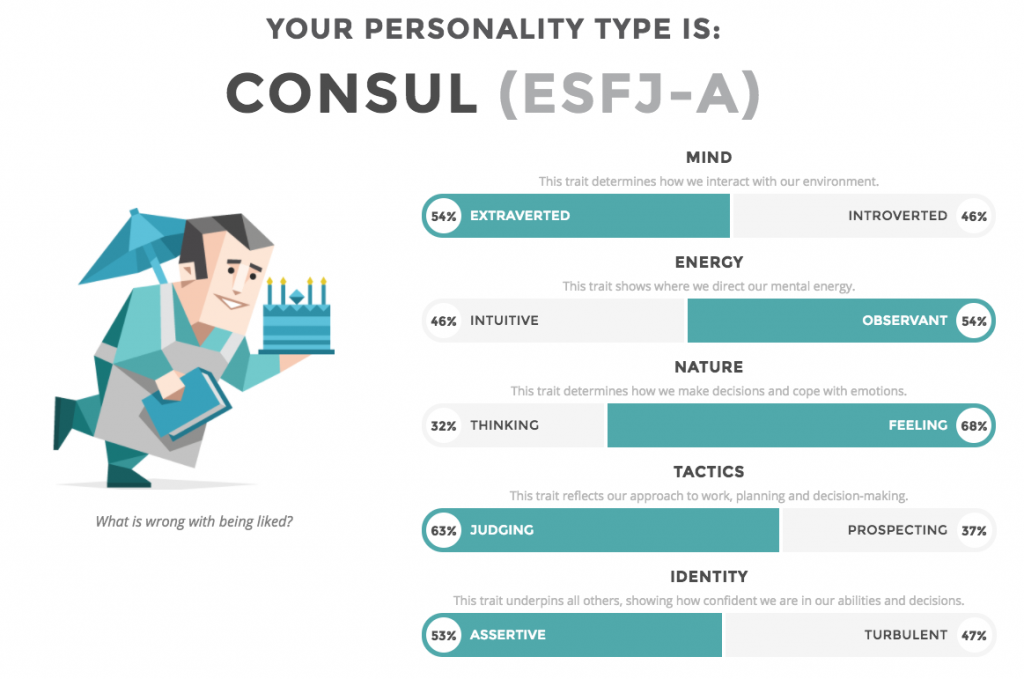- To protect market share
- Expand their market to retail, fi, etc.
- Develop new capabilities
Personal collective of ideas, thoughts and notes
This was a fun assignment during a Financial Management course analyzing a stock and sharing a report on your findings.
I. Executive Summary: The following is an analysis of the publicly traded Starbucks Corporation known by the ticker symbol, SBUX and referenced to as Starbucks in this document. We have taken an analytical approach to both the stock valuation and firm valuation. In our findings, the Sharpe ratio shows that Starbucks is currently outperforming the market even after risk adjustment. Through further analysis between financial performance, stock performance, and firm performance compared to both the overall market as well as industry-specific competitors we will conclude with a recommendation as to whether or not we believe one should purchase the SBUX stock while understanding external and internal risk factors. As a contingency on our recommendations, we acknowledge that Starbucks is exposed to risks from global trade as well as from a possible change in the economic situation and acknowledge that we have only estimated on a 5-year projection basis which limits our ability to predict further than a 5-year holding period.
| QUESTION TYPE | VERBS / CUES | DEFINITION / STRATEGY |
| Factual Recall | NAME, LIST, STATE, SUMMARIZE, OUTLINE | Restate or summarize from your notes. |
| Analysis / Explanation of Relationships | EXPLAIN, DISCUSS (Main ideas and Major supporting points) | Explain in detail, based on the information in a lecture or reading Note: Do not express your opinion! use Critical Analysis use Cause/Effect; (C/E) use Comparison/Contrast (C/C) |
| Synthesis / Application of previously learned principles | ANALYZE, EVALUATE, EXPLAIN, PROVE, SHOW, JUSTIFY, ILLUSTRATE, COMPARE/ CONTRAST | Transfer the principles or material learned in class to another example or situation (synthesis /“think”-question) Note: Do not express your opinion! |
| Opinion | IN YOUR OPINION, … WHAT DO YOU THINK ABOUT …? | State your opinion and prove it with examples and/or supporting points by referring to information from a lecture or reading. |
During one of my MBA classes, we were tasked with understand and assessing our strengths, and weaknesses. One of the hardest parts was reaching out to over 40 people and asking them to give an honest assessment of “you”. This is the message I used asking for their help:

This was one of my first, and most enjoyable classes during my MBA at UNCC … We only had to read a portion of the book, but I enjoyed it so much I read it cover to cover. (Essentials of Organizational Behavior, 13th edition).
Behavioral knowledge and skills essential to becoming an effective manager/leader including behavior and motivation in an environment of complexity and rapid change and ethical implications of actions and their effects on demographically diverse and increasingly international work force.
The major objective of this course is to improve your effectiveness as a manager by providing you with a foundation of knowledge in topics including motivation, leadership, personality, and managing teams and to develop your ability to apply this knowledge to the solution of managerial problems. This course thus blends readings grounded in solid theory and research, class discussions focusing on real-world cases, examples from the popular business press, and exercises focusing on specific skills. An evidence-based approach to understanding and improving workplace health, well-being, and effectiveness, from an organizational behavior perspective, is emphasized.
Prepping for my MBA at UNCC I had to take multiple prerequisites in order to be accepted, this was due to my undergraduate degree being primarily technical focused. These were the courses I took and how many hours I needed to commit to complete them.
Economics
– Macro
– Micro
Statistics
Math for Management – 14 hours = Algebra, Calculus, Statistics, Probability, Finance
Quantitative methods – 20 hours
Finance and Managerial Accounting – 14 hours
Financial Accounting – 20 hours
Microeconomics – 83 hours
Macroeconomics – 134 hours
Financial Accounting and Finance (Managerial Accounting)
Financial Accounting (ONLY): http://cb.hbsp.harvard.edu/cbmp/access/79693070 To receive credit, you must pass Exam 1 OR 2 AND Exam 3.
You must be logged in to post a comment.